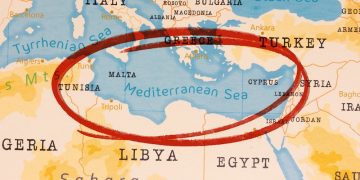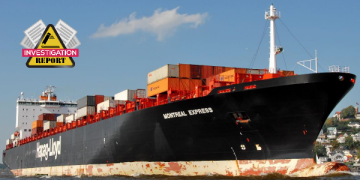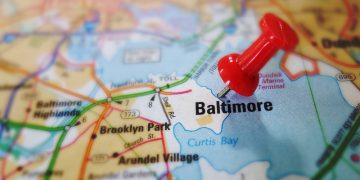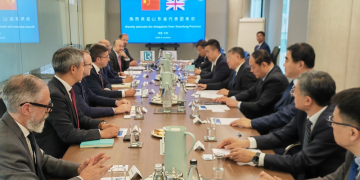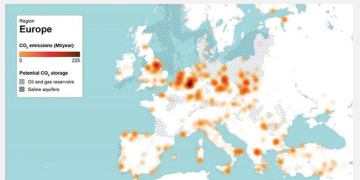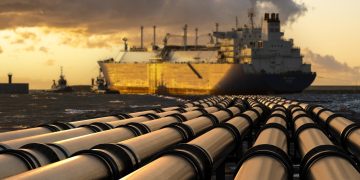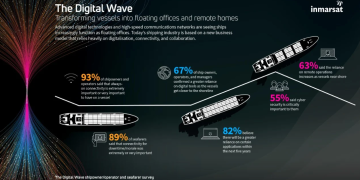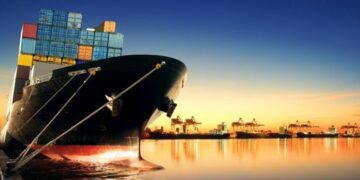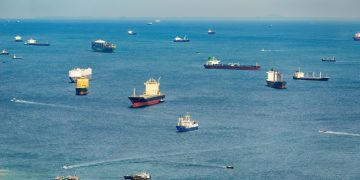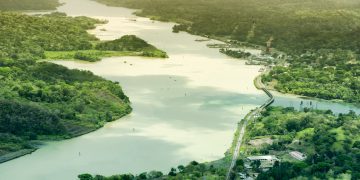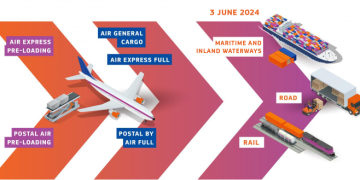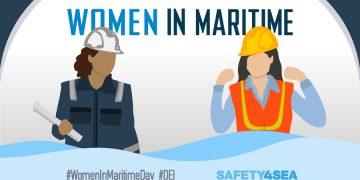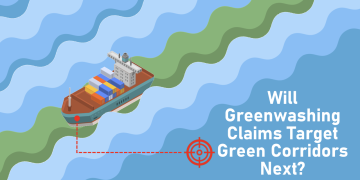Air Pollution Developments in MEPC 67
The IMO Committee on Protection of the Marine Environment (MEPC) held its 67th Session from Monday 13 through Friday 17 October 2014 in IMO Headquarters in London. Among the many issues discussed by the Committee, developments on the air pollution were on the agenda. IMO MEPC 67 concluded the following: Air Pollution from ships Impact on the Arctic of emissions of Black Carbon from International shipping It was felt premature for the Committee to single out a particular contender for an agreed definition of Black Carbon thus the matter will be sent back to PPR at its second (next) session with a view to them making a clear and definitive recommendation. Fuel Oil Quality The Committee noted the outcome of MSC 93’s consideration of fuel oil quality and its possible impact on crew health, ship safety and environmental protection. Proposals were invited to MSC94, for consideration in conjunction with the outcome of MEPC 67, urging Member Governments, in the meantime, to strengthen their oversight capacity of bunker fuel suppliers. In the ensuing discussion, the majority of Member States expressed a view supporting the development of non-mandatory guidance whilst a significant minority of Member States supported mandatory measures. (Of note, had the NGO vote ...
Read more



